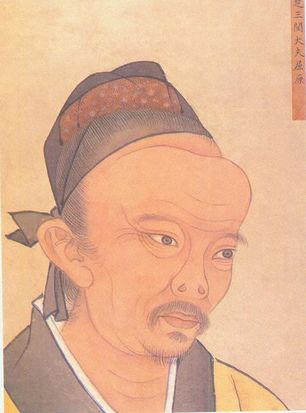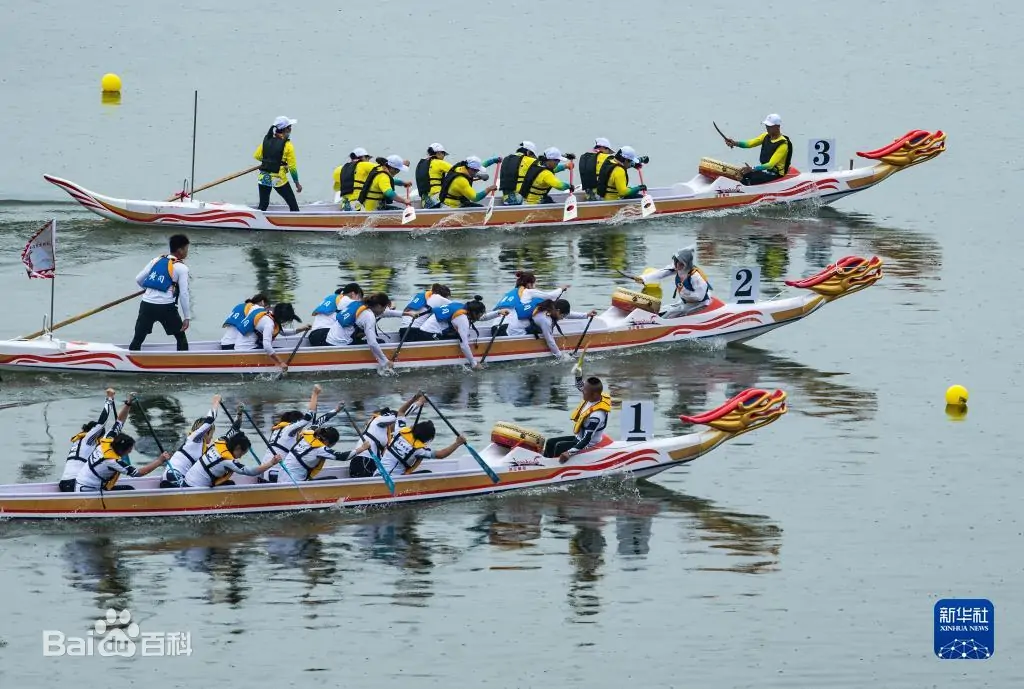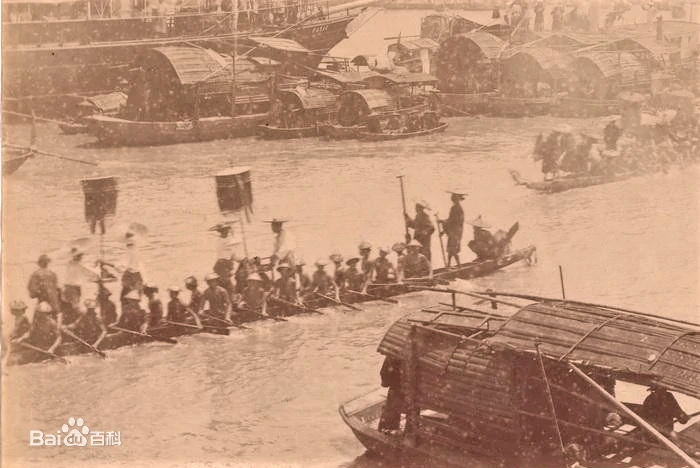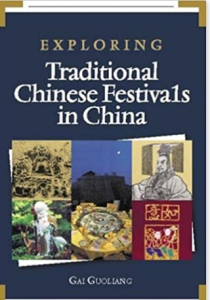Qu Yan 屈原
The best-known story about the Duanwu Festival commemorates Qu Yuan, the great poet who drowned himself in a river 2,000 years ago.
Born in the State of Chu during the Warring State Period, Qu Yuan become a minister in the State of Chu when he was only 22 years old. Although Qu Yuan was fully trusted by King Huai, an aristocrat name Zi Lan and a treacherous court official named Jin Shang slandered him. Subsequently, the king dismissed Qu Yuan from his position and sent him into exile.
Feeling disappointed that he was unable to serve his country, Qu Yuan drowned himself in the Miluo River. It was said that the day he drowned himself was the fifth day of the fifth lunar month. His countrymen tried to rescue him, but Qu Yuan was not to be found by the time his rescuers arrived. This story is the basic of the dragon boat race, which is held annually on this day. The book sequel to Tales of Qi Xie by Wu Jun, claimed that rice would be scatted on this day into the river as a form of worshipping Qu Yuan. It is said that in the early Eastern Dynasty, a man named QU Qu from Changsha one dreamt that Qu Yuan told him that the rice thrown in the river had been eaten by river dragons. Hence if people wanted to continue doing so, rice and lily leaves should be stuffed inside bamboo tubes, or rice wrapped in reed leaves and tied with five-colored threads. This is because river dragons are afraid of lily leaves, reed leaves, and five-colored threads. Thus, people later made sacrifices to Qu Yuan in this way, and the tradition of eating zongzi wrapping with bamboo leaves and tied with five-colored threads has since survived till today.






